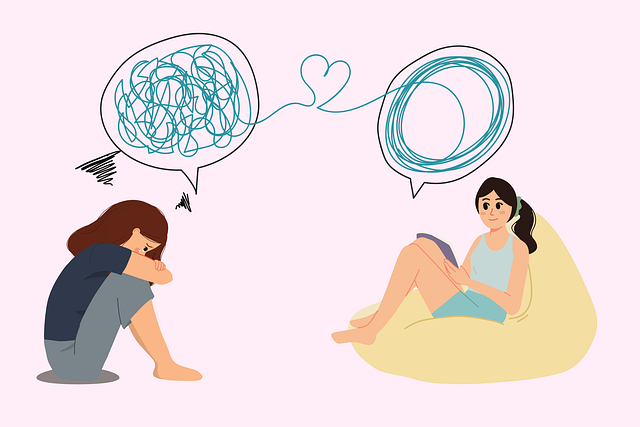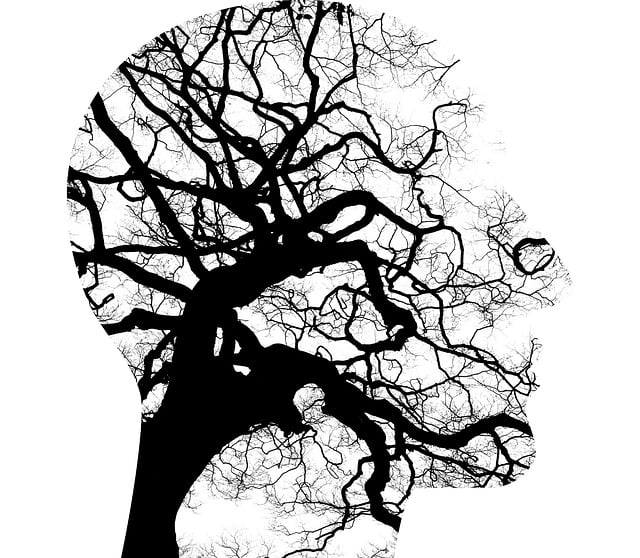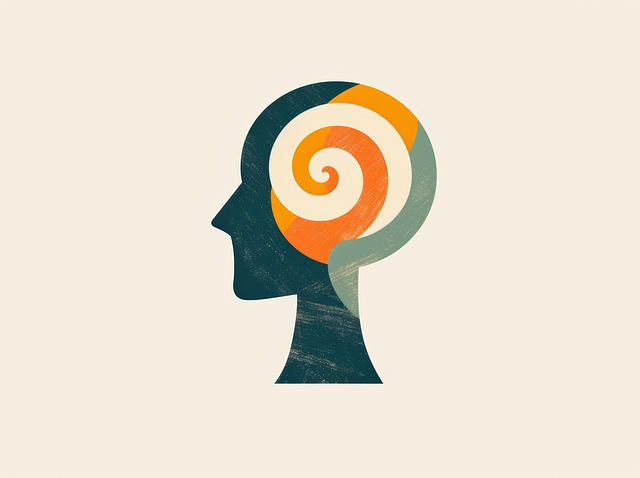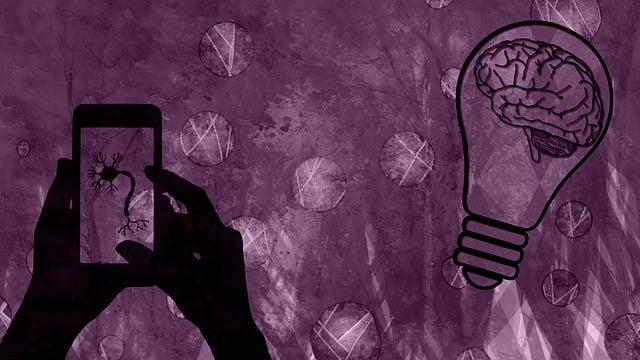Mental health crisis hotlines serve as 24/7 resources offering immediate support and guidance to individuals experiencing severe emotional distress or psychological turmoil, including those recovering from child abuse. These services not only provide relief but also collect vital data on mental health issues, inform policies, and promote conflict resolution techniques for effective long-term management. By addressing community needs, crisis hotlines shape evidence-based practices, ensuring better access to therapy for child abuse victims and fostering a culture of care and support for overall mental health. Trained professionals offer immediate assistance, conduct risk assessments, and connect callers to specialized care, facilitating holistic healing and long-term solutions.
Mental health crisis hotline support services are a vital resource, offering immediate assistance during times of distress. In this article, we explore the critical role these hotlines play in mitigating mental health crises. We delve into understanding the significance of mental health crisis hotlines, particularly their impact on individuals who have experienced child abuse, and how therapy can be a game-changer. Additionally, we highlight resources and support systems that connect people with much-needed help, emphasizing the importance of accessible, effective interventions like Therapy for Child Abuse.
- Understanding Mental Health Crisis Hotlines: A Lifeline for Many
- The Impact of Child Abuse and the Role of Therapy
- Resources and Support: Connecting Individuals with Help
Understanding Mental Health Crisis Hotlines: A Lifeline for Many

In today’s fast-paced world, mental health crisis hotlines serve as a vital lifeline for individuals grappling with severe emotional distress or psychological turmoil. These 24/7 services provide immediate support and guidance to people facing various mental health challenges, including depression prevention and management. Trained professionals offer active listening, crisis intervention, and valuable resources, ensuring that those in need receive timely assistance. For many, especially those recovering from child abuse or other traumatic experiences, these hotlines represent a safe space to express their feelings and fears without judgment.
Beyond offering immediate relief, mental health crisis hotlines play a crucial role in advocacy and policy analysis. They collect data on prevalent mental health issues, inform relevant mental health policies, and promote conflict resolution techniques for effective long-term management. By understanding the pressing needs of their communities, these hotlines contribute to shaping evidence-based practices and strategies that address underlying causes of mental distress. This proactive approach not only ensures better access to therapy for child abuse victims but also fosters a culture of care and support for overall mental health.
The Impact of Child Abuse and the Role of Therapy

Child abuse, a profound breach of trust and a severe form of trauma, has far-reaching consequences that can last well into adulthood. Victims often struggle with emotional regulation, low self-esteem, and difficulty forming healthy relationships. Therapy plays a pivotal role in healing these wounds by providing a safe space for individuals to process their experiences and develop coping mechanisms. Through evidence-based therapeutic approaches, such as cognitive-behavioural therapy (CBT) or trauma-focused therapies, survivors can learn empathy-building strategies to understand and manage their emotions effectively.
The impact of public awareness campaigns and support services cannot be understated. They contribute to destigmatizing mental health issues, encouraging victims to reach out for help, and fostering a sense of community. By integrating coping skills development into therapy, individuals gain the resilience needed to navigate life’s challenges without resorting to harmful behaviours. This holistic approach ensures that survivors not only heal from their past but also equip themselves with tools to thrive in the present.
Resources and Support: Connecting Individuals with Help

In times of mental health crises, access to reliable support services can be a lifeline. Resources and support systems play a pivotal role in connecting individuals with the help they need. Hotline services, staffed by trained professionals, offer immediate assistance 24/7. These hotlines are often the first point of contact for many seeking therapy for child abuse or other trauma, providing an essential risk assessment for mental health professionals to gauge urgency and direct callers to specialized care.
Beyond initial crisis intervention, these services facilitate connections to various support networks, including counseling centers, community-based organizations, and peer support groups. This holistic approach ensures that individuals not only receive immediate emotional healing processes but also gain access to long-term solutions, fostering a sense of confidence boosting as they navigate their mental health journeys.
Mental health crisis hotline support services play a crucial role in offering immediate assistance and long-term resources for individuals facing mental health crises, including those who have experienced child abuse. By providing accessible and confidential therapy for child abuse, these hotlines foster healing and recovery. Through connecting people with the right support, hotlines empower individuals to navigate their challenges and build a brighter future.














